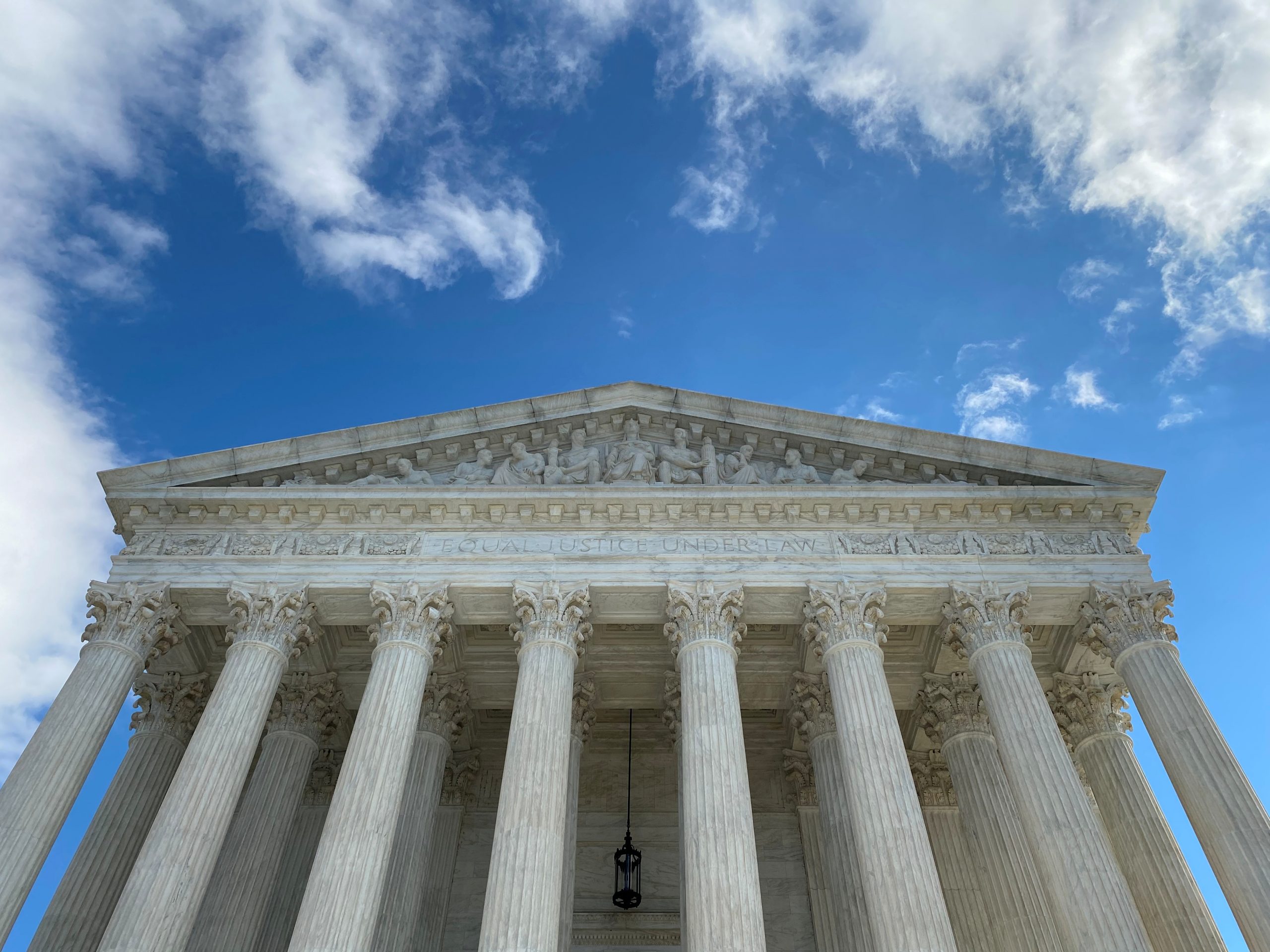The Supreme Court is suspending its March arguments as the coronavirus overtakes the nation. Already Washington, D.C., has become a ghost town with empty streets during rush hour as people work from home.
In a press release issued on Monday, the court announced, “In keeping with public health precautions recommended in response to COVID-19, the Supreme Court is postponing the oral arguments currently scheduled for the March session (March 23-25 and March 30-April 1). The Court will examine the options for rescheduling those cases in due course in light of the developing circumstances.”
March was set to be a big month for the court — at the end of the month, the justices were expected to hear a case related to President Donald Trump’s tax records.
In December, the Supreme Court announced that they would hear the Trump tax case. Trump has been trying to keep his bank records and tax returns away from the Democrats in Congress. Manhattan District Attorney Cyrus Vance is also seeking the documents and is involved in the case that will eventually be heard before the Supreme Court.
SCOTUS cancels arguments, due to Coronavirus. This is good, but also gives Trump yet another delay in the combined case where Congress & the Manhattan DA seek release of his tax returns – something every lower court to here the issue has ordered. Argument was scheduled for 3/31.
— Joyce Alene (@JoyceWhiteVance) March 16, 2020
The Supreme Court added in the press release that this is not the first time they have suspended arguments over public health.
It explained, “The Court’s postponement of argument sessions in light of public health concerns is not unprecedented. The Court postponed scheduled arguments for October 1918 in response to the Spanish flu epidemic. The Court also shortened its argument calendars in August 1793 and August 1798 in response to yellow fever outbreaks.”
A few of the justices are in the age range of individuals most susceptible to the virus. Justice Ruth Bader Ginsberg is 87 and Justice Stephen Breyer is 81.
While the Supreme Court is out, the Senate is still in session, where it is likely to soon take up a coronavirus bill passed overwhelmingly in the House.

























 Continue with Google
Continue with Google